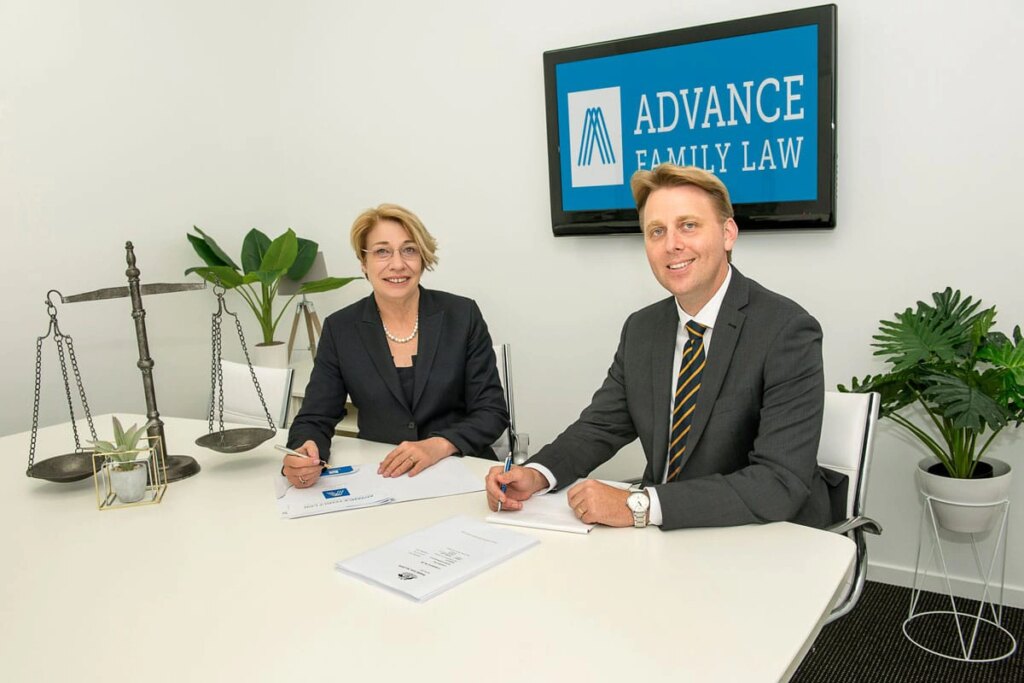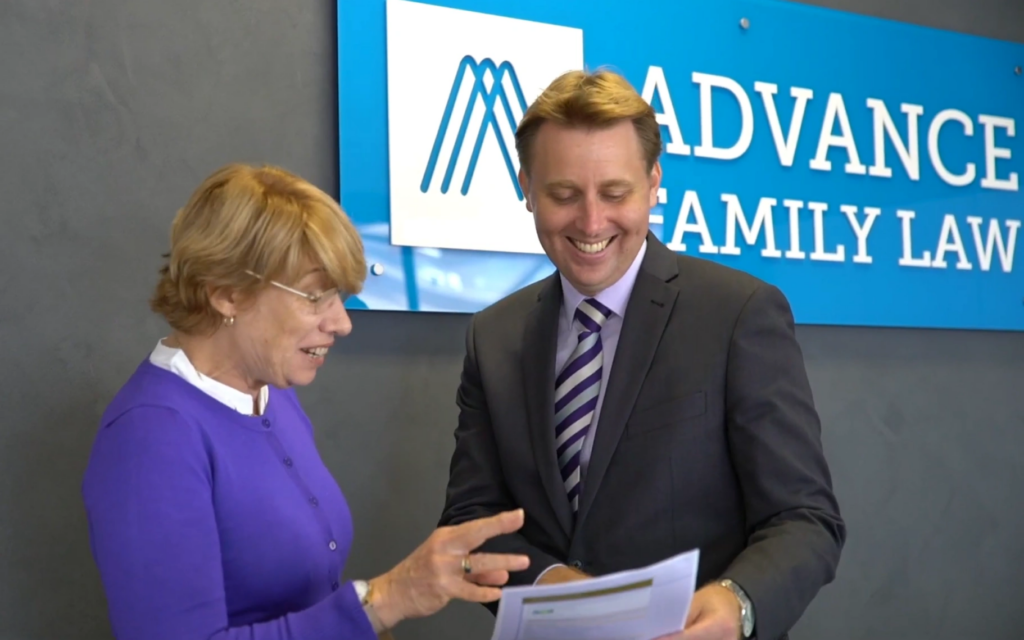Mediation and Family Dispute Resolution offer a neutral, structured, and professional space to resolve family law matters. Our Gold Coast family lawyers can help you prepare for this process, provide support and representation on the day, and formalise mediation agreements.
Resolve Conflicts
Dispute resolution methods resolve conflicts in many family law matters, helping you reach agreements that are practical and legally sound with clarity and confidence.
Experienced Guidance
Our Gold Coast-based family lawyers can help you prepare for the mediation process, attend with you on the day, and assist you in formalising agreements into consent orders.
Affordable, Compassionate Support
We believe in fair pricing and empathetic service. You’ll get expert legal help with honesty, transparency and care, without the stress of excessive legal fees.

Our team of experienced family lawyers work with Family Dispute Resolution Practitioners to resolve parenting and property matters. We guide separating couples through the different stages the mediation process to reach an agreement without going to court.
Resolving Disputes Out Of Court.
Our Gold Coast mediation and FDR lawyers support people attending sessions for family law negotiations, such as property matters or parenting arrangements. We can assist you in being well prepared for mediation, be present on the day for support and to protect your legal rights, and help you to formalise mediation agreements after the mediation process has finished.
Our team does not conduct mediation but is here to help you ensure you get the best out of the process. Mediation is structured, neutral, and focused on fair and cost-effective resolutions, allowing parties to avoid courtrooms while still benefiting from neutral support in reaching a resolution. Whether you’re trying to work out parenting agreements or resolve property disputes, our experienced team supports you in reaching practical, fair agreements that work for everyone involved.

Helping Separated Families Reach Practical Agreements
At Advance Family Lawyers, our Gold Coast family law specialists understand that separation and divorce are deeply personal, not just legal processes. That’s why we focus on resolving disputes with care and efficiency, helping you avoid the stress, delay and cost of going to court wherever possible.
Through negotiation, mediation and practical advice, we guide you toward a resolution that allows you to move forward with clarity and confidence. You’ll have peace of mind knowing that your needs are at the centre of everything we do, and that we’re working hard to achieve the best possible outcome for you.

Our highly experienced lawyers will take the time to understand your personal story, challenges, and future aspirations. You’ll receive the guidance and support necessary to finalise property settlement matters and create parenting arrangements that suit your circumstances in an efficient and cost-effective manner.
– Advance Family Law

Supporting You Through FDR & Mediation With Compassion & Expertise
Our compassionate and dedicated family lawyers understand that separation and other family law issues can be emotionally complex, and that reaching an agreement isn’t always easy.
Our family lawyers are skilled negotiators who work with experienced dispute resolution practitioners and mediators. We focus on helping you find practical, cost-effective solutions without the need for court. We provide clear guidance and supportive advice every step of the way, empowering you to make informed decisions that protect your wellbeing and the best interests of your family.




Step 1. Book a Free 15-Minute Chat
Speak with our team to see if Family Dispute Resolution is the right path for your situation. We’re here to listen and guide you.
Step 2. Schedule Your Mediation
If FDR is suitable, we’ll help you book your mediation session with an accredited practitioner, providing a safe, confidential space to work through parenting or property issues.
Step 3. Reach Agreement & Move Forward
With our support, you’ll work toward practical, lasting solutions without the stress, cost, or delays of court, so you can move forward with confidence.
Family Dispute Resolution (FDR) can assist parents in resolving a range of parenting matters, such as where children live, how much time they spend with each parent, and how decisions are made about their care. It can also cover property and financial matters after separation, helping parties reach an agreement without going to court.
FDR may not be suitable in cases involving domestic and family violence, safety concerns, or where one party is unwilling or unable to engage meaningfully. If a Family Dispute Resolution practitioner assesses that a case isn’t appropriate, they may issue a certificate under the Family Law Act to allow parties to proceed to court.
Agreements reached in FDR are not automatically legally binding. However, parties can formalise their agreement by applying for consent orders through the Family Court, creating a parenting plan, or entering into a financial agreement. A mediator will explain the available options so that parents understand how to give effect to their agreement legally.
FDR is a form of family mediation focused on resolving issues after separation, especially in relation to children and parenting. It must be conducted by an accredited FDR practitioner under the Family Law Act and includes the option of a certificate of attendance if matters can’t be resolved.
In FDR, the parties – usually the parents or a separated couple – make the decisions. The mediator does not decide the outcome or impose solutions. Instead, they assist by guiding the conversation, managing conflict and helping both parties explore options and reach agreements that consider the best interests of the children.
Costs vary depending on the service provider. Private FDR practitioners charge fees, which may range from a few hundred dollars to over a thousand per session, depending on the amount of time required. An intake fee is generally also required. Some community organisations offer free or low-cost FDR based on income. Please book a free chat to find out more about our costs, which are very reasonable and a lot less costly than going to court.
Before mediation, think about the issues you want to discuss, your children’s needs, your financial matters and any possible solutions. Collect relevant information, such as school schedules, areas for discussion or financial documents. Consider your goals, what’s most important to you, and where you’re willing to compromise. The mediator will guide you through the process on the day, and you can often work with them beforehand to prepare, ensuring you get the most out of your session.
If no agreement is reached, the FDR practitioner may issue a certificate confirming that FDR was attempted. This certificate is usually required before applying to the court for parenting orders. You can still explore other pathways, such as legal advice or court processes, to resolve the remaining issues.
Family Dispute Resolution helps you avoid court, reduce stress and focus on what matters most, your family and your future. Speak with our Gold Coast mediation team to see how we can help you reach practical, lasting agreements.